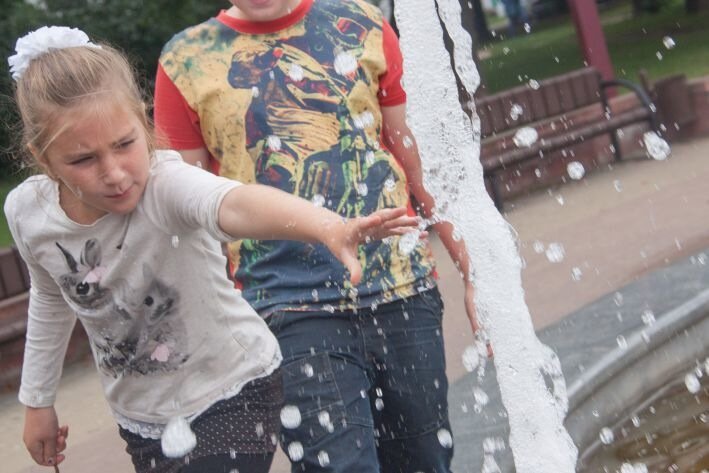Have you ever thought that simple words spoken in the heat of the moment can leave scars for life?
Parents often repeat cliched phrases without noticing how they turn into poison for a child’s self-esteem.
It seems that this is just a way of raising children - “don’t cry, you’re an adult”, “look at others”, “who needs you”.

But behind each such sentence there is a message that the child remembers at the instinctive level.
Let's take, for example, the phrase "You're so lazy." What's wrong with that? But the child doesn't analyze the criticism - he just hears: "I'm bad."
Over time, this belief grows like a weed and prevents him from trying new things, taking risks, believing in himself. Even praise can become a trap.
“You’re great, but you could do better” – this phrase teaches that parents’ love must be earned, not just received.
Psychologists have long talked about the importance of "I-messages" instead of accusations, but few people put this into practice. Try replacing "You haven't put your toys away again" with "I feel sad when my room is messy."
This is not manipulation, but an honest dialogue where the child learns to take into account the feelings of others. Another secret is to talk about actions, not about personality.
Instead of "You're greedy," say, "Sharing is hard, but it will make your friend smile."
But what if harmful phrases have already become a habit? Start small: keep a diary where you write down everything you say to your child.
In the evening, reread and note moments where you could have chosen different words. Over time, you will notice how your communication changes.
Children who feel heard are less likely to rebel and more likely to trust.
And remember: there are no perfect parents. It is important not to avoid mistakes, but to admit them. If you lost your temper and said something rude, apologize.
This way you will show that you respect your child’s feelings and teach him to forgive – first of all, himself.
